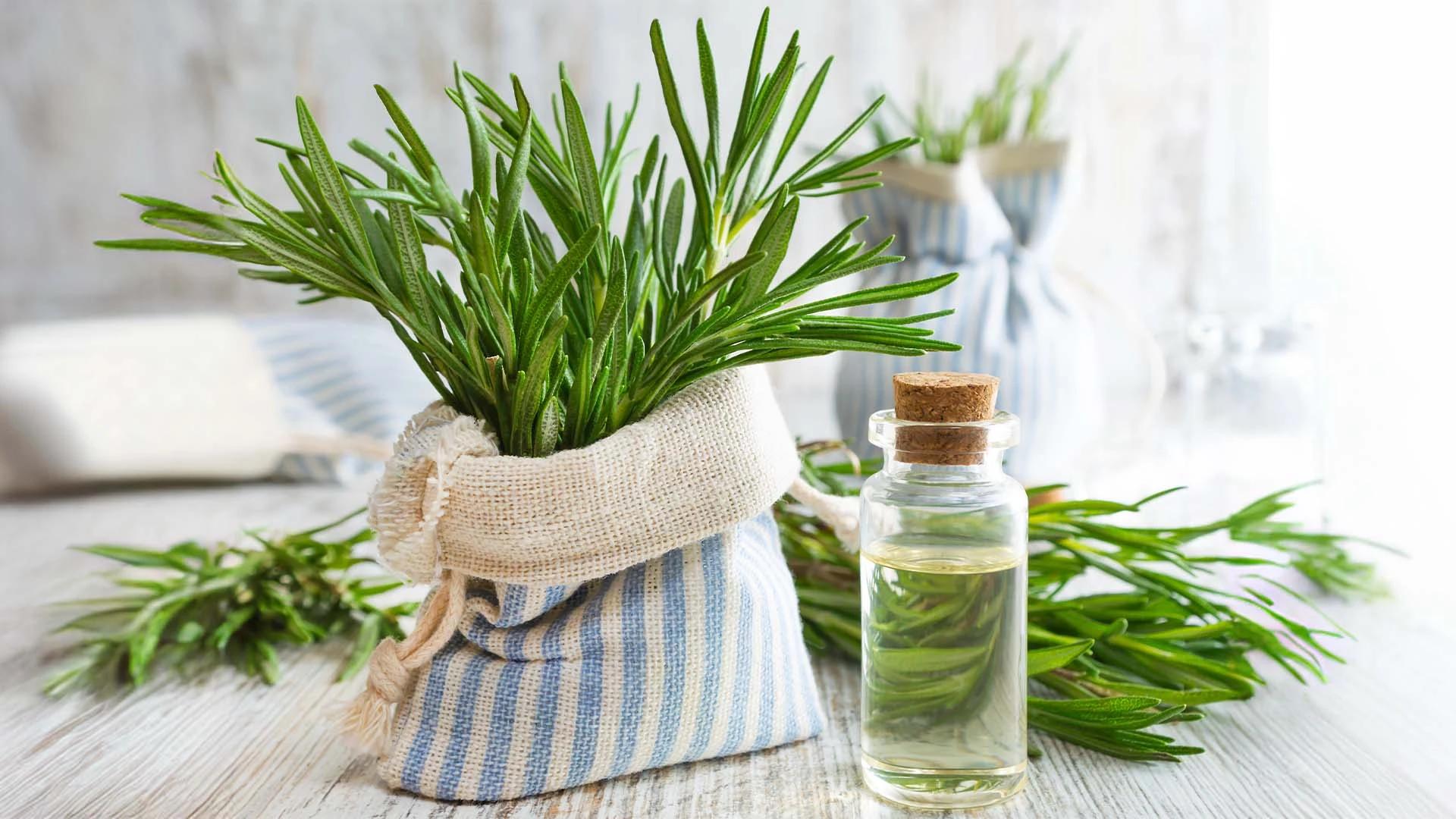Rosemary Hair Oil Checklist for Stronger, Healthier Hair


 100 ml
100 mlRosemary oil
Rosemary hair oil is quickly becoming a go-to pick for anyone exploring a natural hair oil that supports stronger, healthier hair. It’s celebrated for its multipurpose benefits, acting as a hair growth oil, scalp nourishment oil, and an effective hair repair treatment all in one. In this guide, we’re simplifying your herbal hair care routine with a straightforward checklist to help you get the most out of this versatile oil. Whether you’re looking to tame frizz or boost hair strength, this post is designed to help you make smart choices that are completely your kind of pick.
Rosemary hair oil stands out among natural hair oils due to its impressive blend of benefits. It’s not only known as a hair growth oil but also works brilliantly as an anti-frizz hair oil and a moisturizing hair oil. This little wonder packs a punch when it comes to hair nutrition, making it a fantastic addition to anyone’s haircare routine.
This oil is rich in antioxidants which support hair strengthening and repair, making your mane look resilient and vibrant. Regular use may help reduce breakage and minimise split ends, allowing your hair to flourish with a natural bounce and shine.
The magic of rosemary hair oil goes beyond the strands. It enhances blood circulation in the scalp, which is key for scalp nourishment and kick-starting hair growth. Its soothing properties also assist in combating dandruff and dryness, ensuring your scalp feels as refreshed as your locks look.
Integrating rosemary hair oil into your routine is easier than it might seem. Follow this checklist to discover how this organic hair oil can become your new favourite, all while giving your locks the tender loving care they deserve.
Select an organic hair oil that’s free from harmful chemicals. Look out for options that are ethically produced and free of toxins. Your scalp will thank you when you choose products that are cruelty-free and align with a cleaner, greener approach to herbal hair care.
 100 ml
100 mlRosemary Hair Oil
Before you dive in, perform a patch test to rule out any allergic reactions. Since rosemary oil is potent, it’s best to dilute it if you have a sensitive scalp. This simple step helps avoid any unwelcome surprises while you enjoy the benefits.
A gentle scalp massage with rosemary hair oil helps stimulate hair follicles and boosts blood flow. Combine a few drops with a carrier oil like coconut or jojoba to amplify the nourishing effects, ensuring every strand gets a bit of extra love.
Mix a few drops of this versatile oil into your favourite shampoos, conditioners, or DIY hair masks. For a quick DIY tip, blend rosemary oil with a tablespoon of honey and a splash of carrier oil to create a rejuvenating hair mask that might just become your next fave.
Consistency is key. Apply this hair strengthening oil 2–3 times a week and give it time to work its charm. With regular use, you can expect to notice an improvement in hair texture and overall health over a few weeks.
Even the best products can go wrong if not used correctly. Here are some common pitfalls to watch out for when incorporating rosemary hair oil into your routine.
 15 ml
15 mlPure Rosemary Essential Oil For Hair Growth
Remember to always dilute rosemary oil. Using it straight from the bottle can irritate your scalp. Stick to recommended dilution ratios to enjoy the full benefits safely.
While it might be tempting to use it liberally, too much rosemary hair oil can leave your hair feeling greasy and may clog pores. Moderation and proper rinsing techniques help maintain the balance your hair needs.
Choosing low-quality or counterfeit products can diminish the potential benefits. Be sure to check labels and opt for genuine, high-grade rosemary oil to ensure you’re treating your hair to the best.
Questions about rosemary hair oil are common. Here, we address a few frequent concerns to help you feel more confident in incorporating it into your regimen.
Yes, rosemary hair oil is suitable for an array of hair types including curly, straight, and colour-treated hair. Its natural properties make it a versatile addition to most haircare routines.
 100 ml
100 mlRosemary Hair Growth Oil
Some users may experience slight irritation or allergic reactions if the oil is used undiluted. Always perform a patch test first, and adjust usage according to your hair’s specific needs to minimise any adverse effects.
Yes, rosemary oil is known to stimulate hair follicles and improve blood circulation, which can promote hair regrowth over time.
It’s best to dilute rosemary oil with a carrier oil before applying it directly to the hair or scalp to avoid irritation.
The main disadvantage is the potential for scalp irritation if used undiluted or excessively. Always perform a patch test first.
Pure rosemary oil should always be diluted before use. Using it undiluted can cause irritation or sensitivity.
To wrap things up, rosemary hair oil offers a well-rounded solution for anyone looking to support a robust haircare routine. Its nutrient-rich composition makes it ideal not only as a hair growth oil but also as a reliable choice for scalp nourishment and repair. By following our checklist, you’re setting yourself up for stronger, healthier hair without any fuss. A little consistency and the right quality go a long way in transforming your everyday haircare into a truly rewarding ritual. Try it all—it might just become your new fave.